Home Pest Control of Miami
Welcome to Home Pest Control of Miami! We are Florida pest control specialists. We offer both residential and commercial extermination services in Miami. We handle all common pest insects in the area, including: Termites, Ants, Bed Bugs, Cockroaches, Spiders, Palmetto Bugs, Mosquitos, Silverfish, Centipedes, Millipedes, Carpenter Bees, Dust Mites, Spider Mites, Fleas, Lady Bugs, Drain Flies, Indian Meal Moths, Yellow Jackets, Brown Recluse Spiders, Black Widow Spiders, Ticks, Pillbugs, Earwigs, and rodents such as rats and mice. We offer a range of affordable pest management services, including complete interior coverage of your home or building, and complete exterior coverage of your house and lawn. We pride ourselves on our polite and courteous customer service and our excellent results. Give us a call any time to find out more about our prices for pest control work and to schedule an appointment, usually within the next day. We look forward to hearing from you.
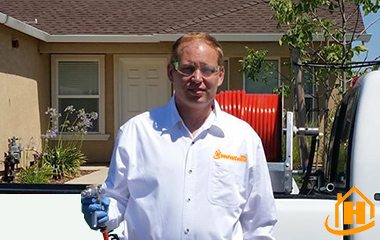
Residential / Commercial
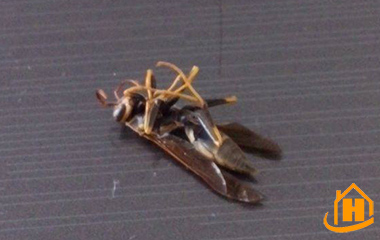
Complete Insect Extermination
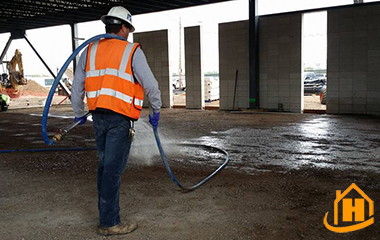
Property Services
Call 24/7 to discuss your pest problem.
Same-day or next-day appointments.
32-point inspection of your property.
Written estimates for pest project.
Fully state licensed and insured.
Complete Bed Bug treatment and removal.
Complete termite tenting and erradication.
Control of ants, spiders, stinging insects.
100% permanent rat and mouse control.
Quarterly and monthly maintenance programs.
Our Service Range - 305-330-2008
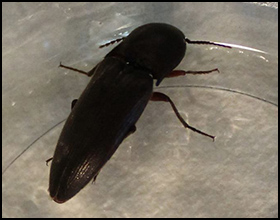
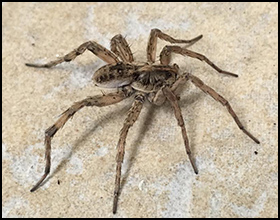
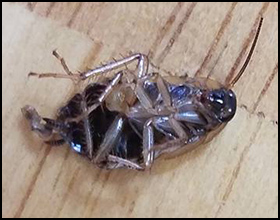
Types of Chemical Treatment for Termites
Termites are known for causing billions of dollars on property damages every year. The termites will primarily be eating wood materials, but they can also eat anything with cellulose such as paper, insulation, books, filtration system, and pool liners. Termites will not sleep. They will continuously cause damage to our property regardless of the time and season. Once you discover the tunnels at the foundation of your house, you will need to look for an effective solution immediately.
An Overview of the Different Chemical Treatment for Termite Infestation
If you found flying termites in your house, there is a possibility that a colony of termite is close by. Dealing with the termite infestation will require skills and equipment. You need to have basic knowledge about construction to determine the key areas of the site. There are instances that you will need to be well versed on the use of chemicals to end your problem. If you have no idea how to utilize them, you can expose yourself to certain risks.
Arsenic Trioxide
This is commonly referred to as White Arsenic. It is an active ingredient that is generally found on pesticides. Apart from the termite control, they can also be effective in the preservation of the timber. It is also a drug that is used on chemotherapy. It is a tasteless, odorless, and heavy powder that is soluble on water. Once the insect and mammals consumed it, it will have detrimental effect towards them. The finely ground particle will be more toxic compared to the commercially-available coarse chemical. People can accidentally breathe the chemical or it can be in contact with their membrane such as on mouth, open wounds, etc.
Bifenthrin
This is intended for pretreatment process for the ongoing construction of building and for the maintenance of older structures. This is a synthetic type of pyrethroid pesticide. There are legal prohibitions with regards to the use of this chemical. You will only be allowed to apply them during certain concentration. Depending on the legal concentrations, the protection may last from 3-10 years. This compound is known to be highly toxic to mammals.
Permethrin
This is another synthetic chemical that will last for an extended period. It is designed to control the termite infestation on tree stumps and trees. Their main purpose is to destroy the nest of the termites and encourage them to leave. They are effective in using against subterranean termites.
Fipronil
This is found on products that can control a huge selection of insect. This is an active ingredient for pesticide that is included in the family of phenylpyrazole. You can protect your existing barrier by using this. The termites will be attracted toward the chemical that will kill them. Their death is not entirely caused by the chemical, it is also caused by the fungal growth and other microorganisms found in the soil.
Most of these chemicals have an adverse effect on humans and other animals. We recommend people to refrain from the use of the chemical especially if they lack the experience.

